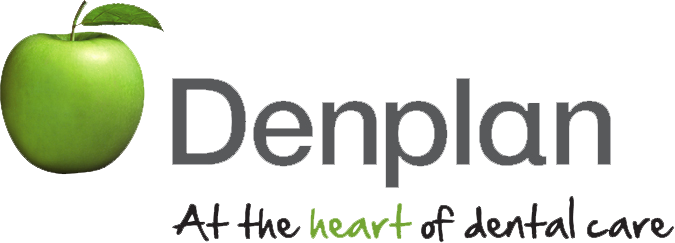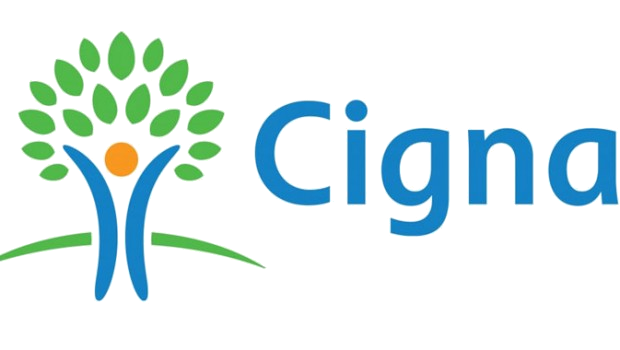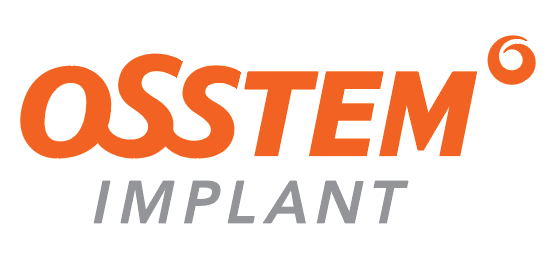We are passionate about using gentle, minimally invasive techniques, designed to preserve and maintain as much of our patients original tissue as possible. However, in some cases, patients have experienced shrinkage of bone volume, due to infection or simply the wear and tear of using a denture.
If these patients wish to replace their missing teeth with dental implants, it can be necessary to consider rebuilding the bone using a bone graft, so there is a solid, secure base in which to implant the artificial titanium ‘root’.
Your experienced dentist will take the time to fully examine your mouth and take x-rays in order to determine exactly the right treatment required. After answering any questions you may have, they will help you come to a decision about the most suitable solution.
If you both decide to proceed with a dental implant, but your dentist advises that a bone graft is required initially, the whole process will be explained to you in detail. If you need a small amount of extra bone in the implant area, it is possible to take bone from the wisdom teeth area or under the lower incisor teeth.
At all times, your dentist will use every means possible to ensure you experience minimal discomfort during the grafting procedure, using local anaesthetic and sedation if necessary, and a careful, gentle touch.
If larger amounts of bone are required, patients may require a short hospital stay, in order to take bone from an area outside the mouth. Once the bone graft has had time to heal, the next steps of the implant treatment can go ahead.
One way we can look to speed up the healing process is a procedure known as PRF, which stands for Platelet Rich Fibrin. This safe, gentle process, widely used during medical procedures, requires a small amount of the patient’s blood to be drawn before the bone graft surgery, which is then spun in a centrifuge.
This produces a small amount of white blood cells and platelets, which is the PRF. This gelled membrane is immediately placed on the graft site to encourage better and faster healing and regeneration of the tissues. Patients often finds this makes the whole process easier and less stressful as their mouth quickly heals and they can smoothly continue with their restoration treatment.
Bone grafting is a procedure used to restore bone that has been lost due to periodontal disease, trauma, or tooth loss. It involves placing bone material into the jaw to promote the growth of new bone tissue, providing a stable foundation for dental implants. This is often a crucial step in preparing for dental implants when there is insufficient bone in the jaw.
PRF (Platelet-Rich Fibrin) is a natural, advanced healing technique that uses your own blood to accelerate the healing process. During the PRF procedure, a small sample of your blood is drawn, and then it is processed to concentrate the platelets and growth factors. This concentrated PRF is then applied to the grafted area to promote faster tissue healing and bone regeneration.
Bone grafting and PRF work together to create a stable foundation for dental implants. The procedure typically involves the following steps:
Bone grafting is a procedure used to rebuild lost bone tissue in the jaw, providing a stable foundation for dental implants. This is often necessary when there is insufficient bone due to past extractions, infection, or wear.
PRF is a process where a small amount of the patient’s blood is drawn and spun in a centrifuge to create a gel that aids in faster and more effective healing of the graft site. It enhances tissue regeneration and recovery.
Bone grafting is performed under local anesthesia to minimize discomfort. Some mild swelling and soreness may occur afterward, but these can usually be managed with over-the-counter pain relief.
Healing time varies depending on the size and complexity of the graft, but typically it takes several months for the bone to integrate fully before a dental implant can be placed.
Yes, once the bone graft has healed and integrated with the jawbone, dental implants can be placed. Your dentist will monitor your progress and determine the best timing for implant placement.
Monday 8.30am – 5:30pm
Tuesday 8.00am – 8.00pm
Wednesday 8.00am – 8.00pm
Thursday 9.00am – 7.00pm
Friday 8.30am – 5.30pm
Saturday – by appointment
Orthodontic Clinic & Hygienist 10.00am – 5.00pm twice each month













